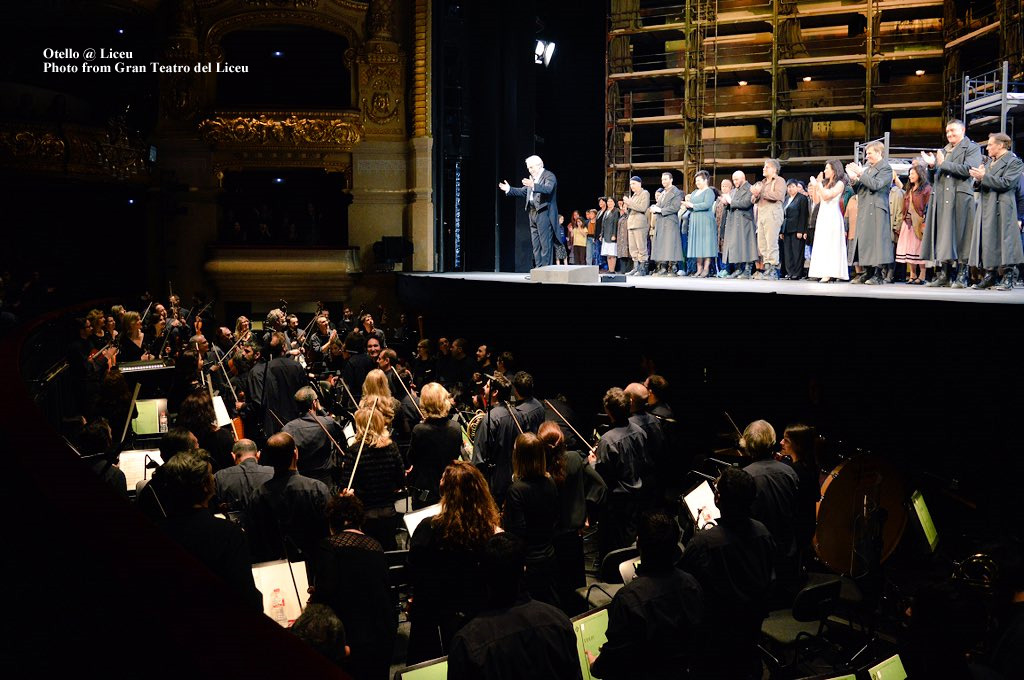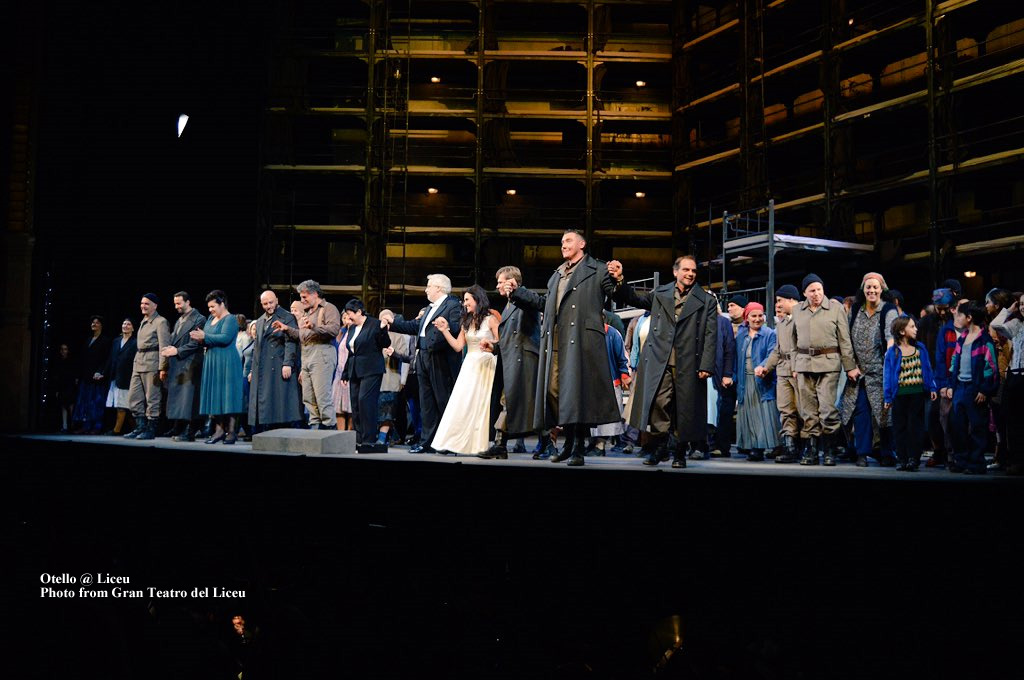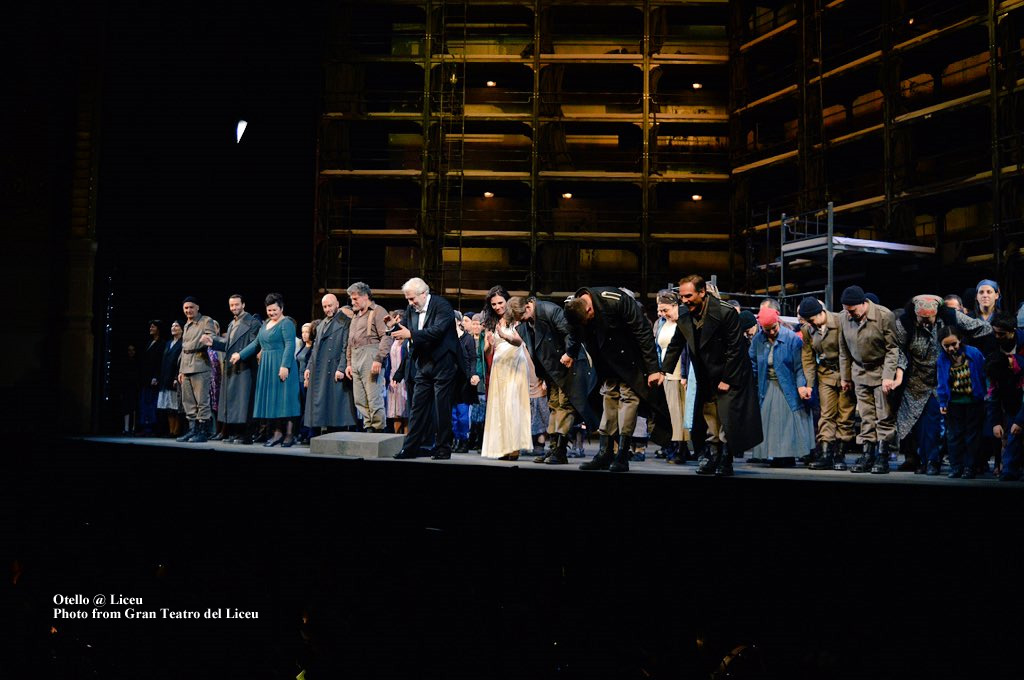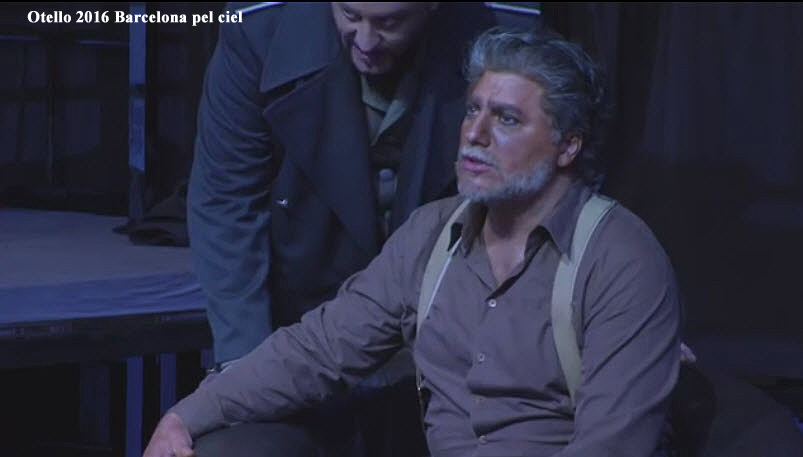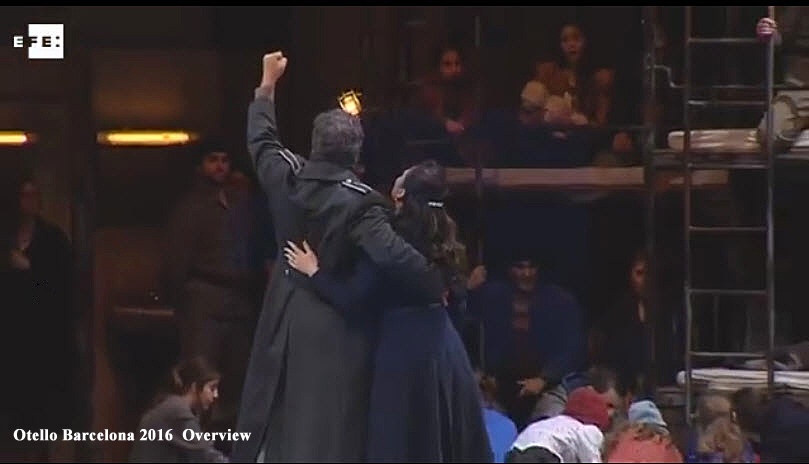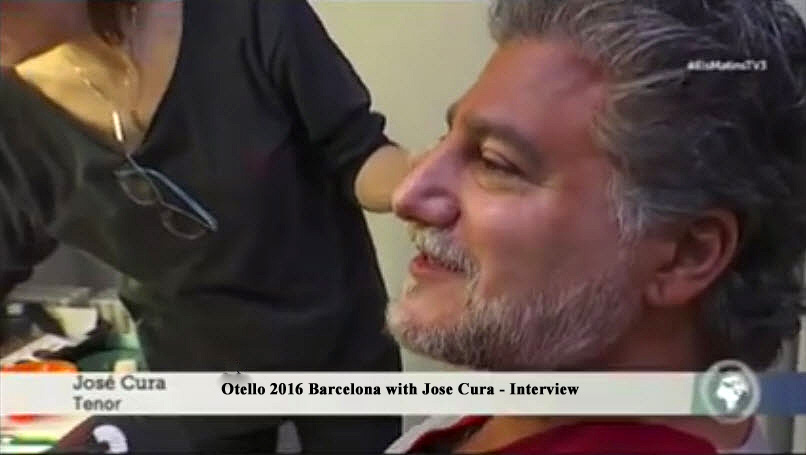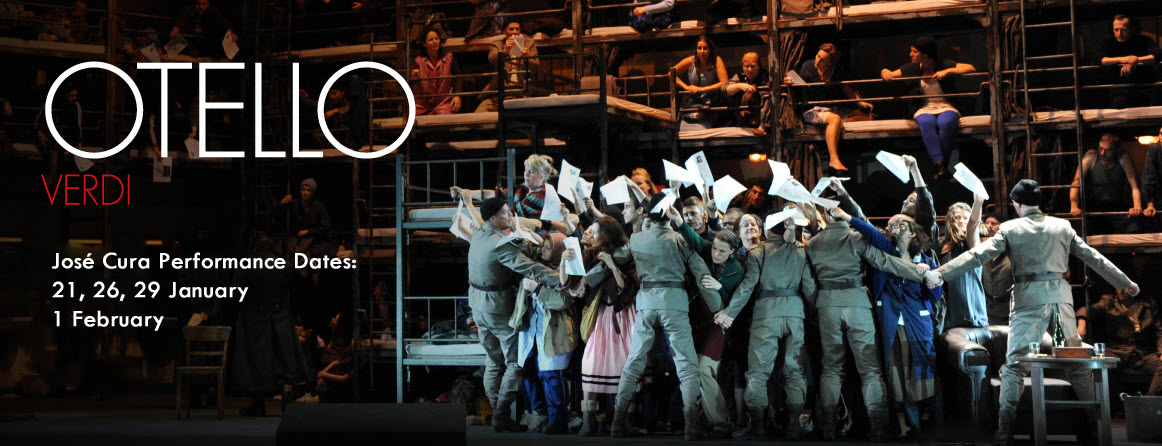
|
Theater: |
Gran Teatro del Liceu, Barcelona La Rambla, 51-59 |
|
|
|
||
|
|
||
| Promo Video: |
Click on photo above
|
|
|
|
||
| 2006 Liceu Otello
with José Cura
Video Excerpt
|
Click on photo above
|
|
|
|
| Cast: |
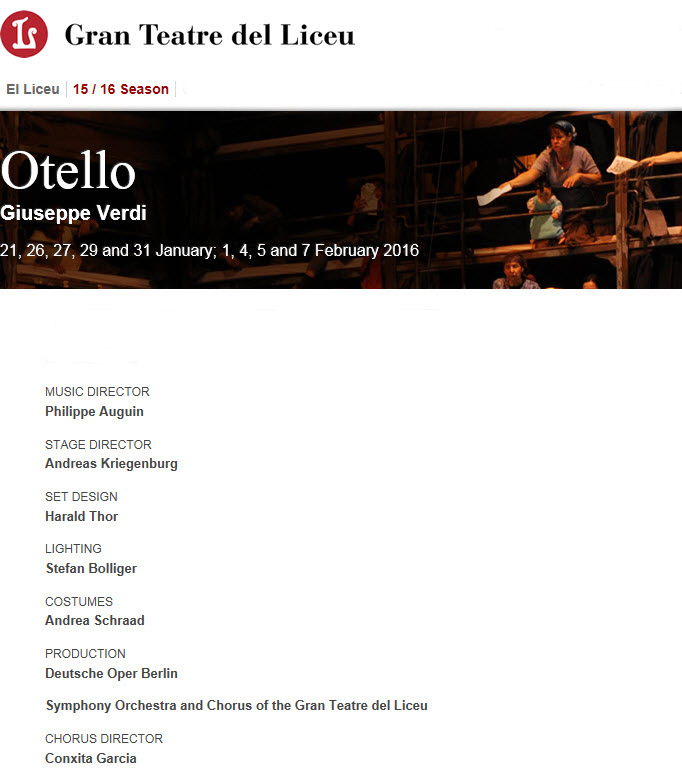
|
|
|
|
| Media |
|
|
|
|
|
|
|
|
|
General concept translation:
A new production of Giuseppe Verdi's Otello with tenor José Cura in the title role, comes to the Gran Teatre del Liceu with an impressive staging representing a refugee camp and incorporating a total of 85 beds on stage. With this work, directed by Andreas Kriegenburg and the musical direction of Philippe Auguin, the Barcelona opera institution opens a year of Shakespeare, combining this work in February with Rossini's version. The artistic director of the Liceu, Christina Scheppelmann, accompanied by Philippe Auguin, the Albanian soprano Ermonela Jaho who will be singing Desdemona, and co-director Claudia Gotta, discussed this work this afternoon... Gotta revealed that six years ago, when Kriegenburg started thinking about directing Otello, he saw the theme of war was essential and even influenced all relations that exist between the different characters, whether between Otello and Desdemona or between Otello and Iago. But as it is more difficult to show a battle on stage than in film, in the end he opted to "show the results of the war, including refugee camps"--a very topical issue today but not six years ago when this project was conceived.
|
.jpg) |
On this occasion, therefore, Otello will move between the beds of a refugee camp, but "the story is the usual one" with a protagonist who is an authoritarian, able to control every man while being unsure in his own life--a fact that will be by Iago. Desdemona and Emilia become volunteers and the rest of the characters are confined there after the war. This opera, produced by the Deutsche Oper Berlin, also has a major role for the children chorus.... Gotta commented they remain on stage throughout three acts because "Andreas Kriegenburg wanted to show how war can affect the young..." Soprano Ermonela Jaho, debuting as Desdemona, acknowledged that when she began working with the choir, she "shed tears because they make a very powerful work," without forgetting that "music is a universal language, capable of transmitting the power of the most powerful feelings like envy and love." Musical director Philippe Auguin stressed that Verdi organized everything "to maximize the intonation of the text," seeking "orchestral tempos and interventions that were ideal to highlight the role of the word."
|
.jpg) |
The work, which will run until the 7th of February, will have José Cura in the lead of some of the performances...
|
|
|
|
"My Otello has gained physical sincerity with age" José Cura, tenor, stars in 'Otello' at the Liceu La Vanguardia 15 Jan 2016 The Argentine-born tenor reprises the role of the moor of Venice in the version of Verdi opera which opens January 21 at the Teatre del Liceu.
|
|
|
|
|
|
|
|
|
|
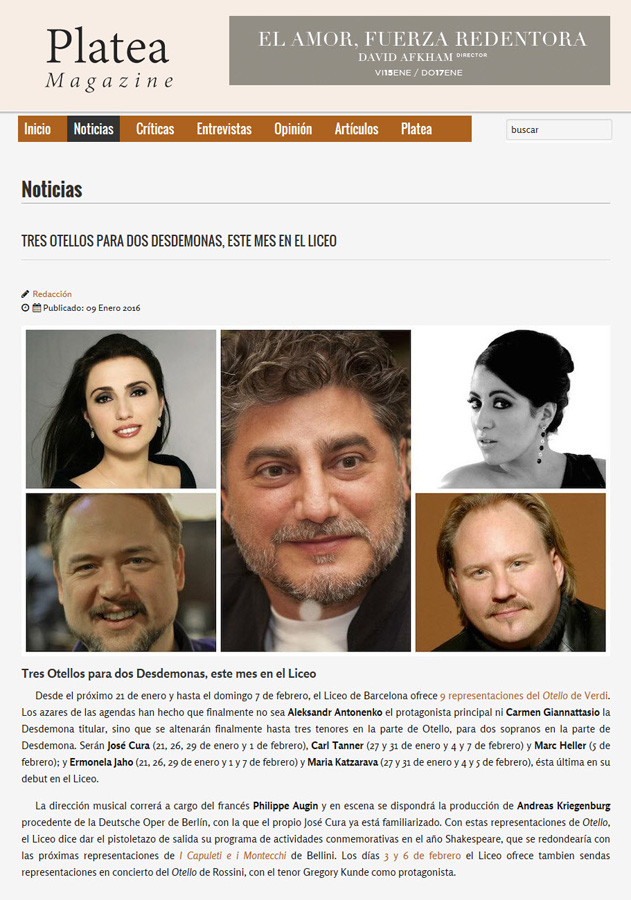
|
|
|
|
|
|
|
|
|
|
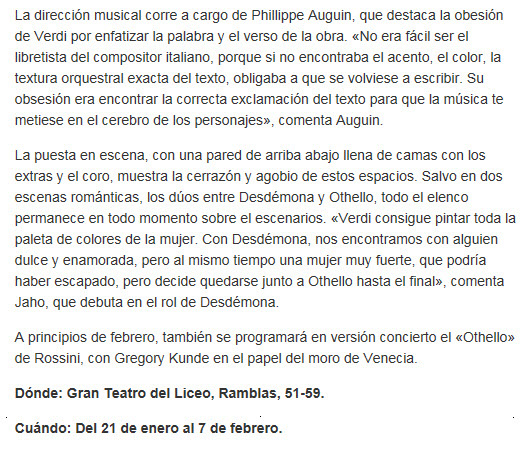 |
|
|
|
|
|
|
|
Videos Click on the Photos to view
|
||||||||||||||
Last Updated: Saturday, April 27, 2019 © Copyright: Kira
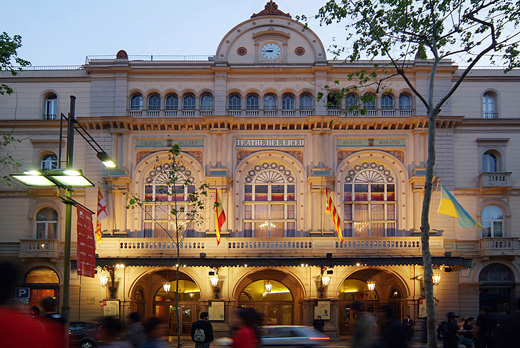
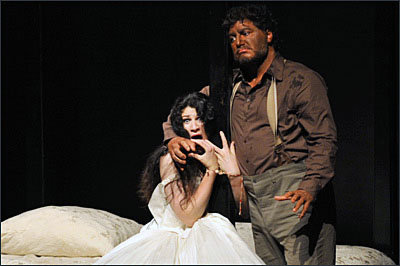
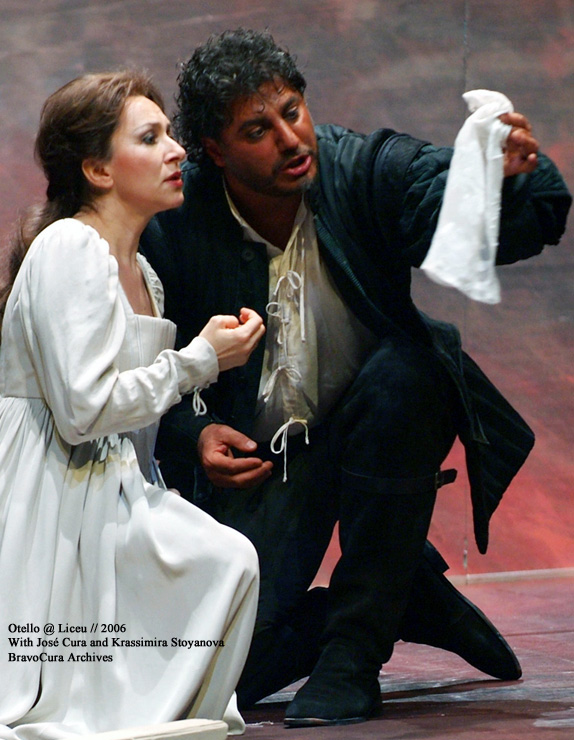
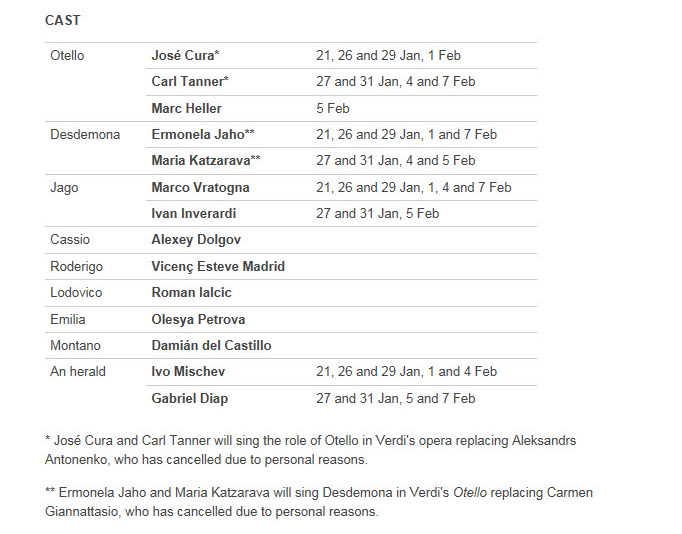
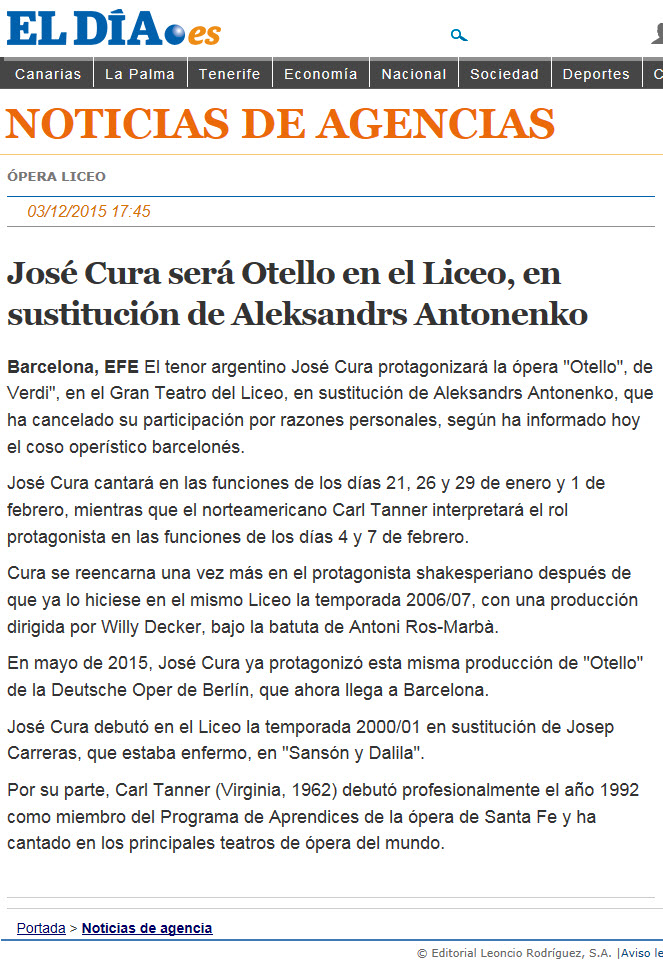
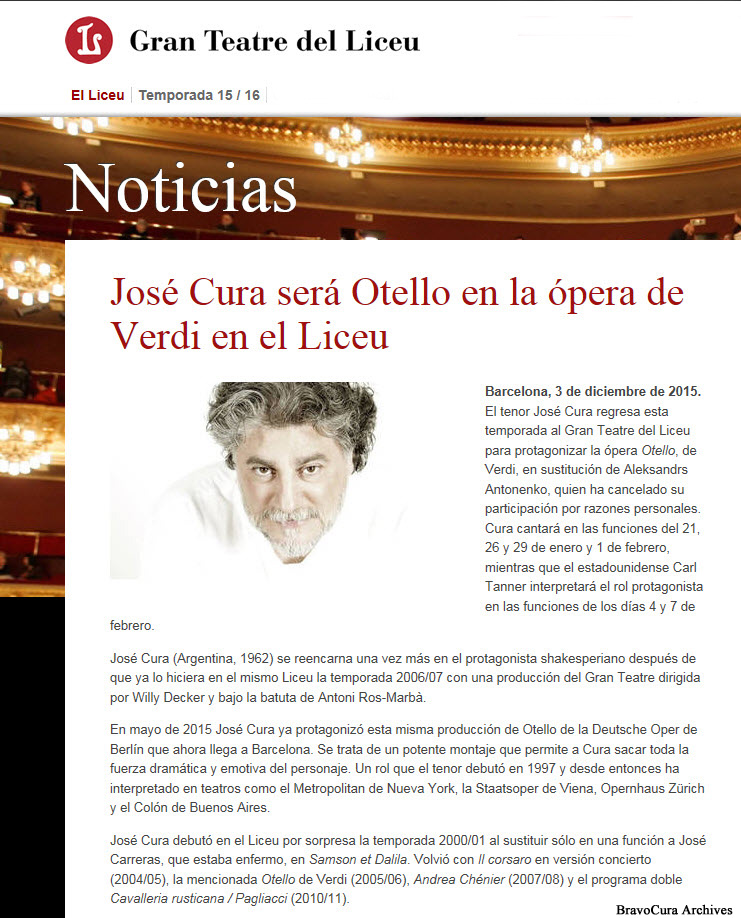
.jpg)
.jpg)
.jpg)
.jpg)
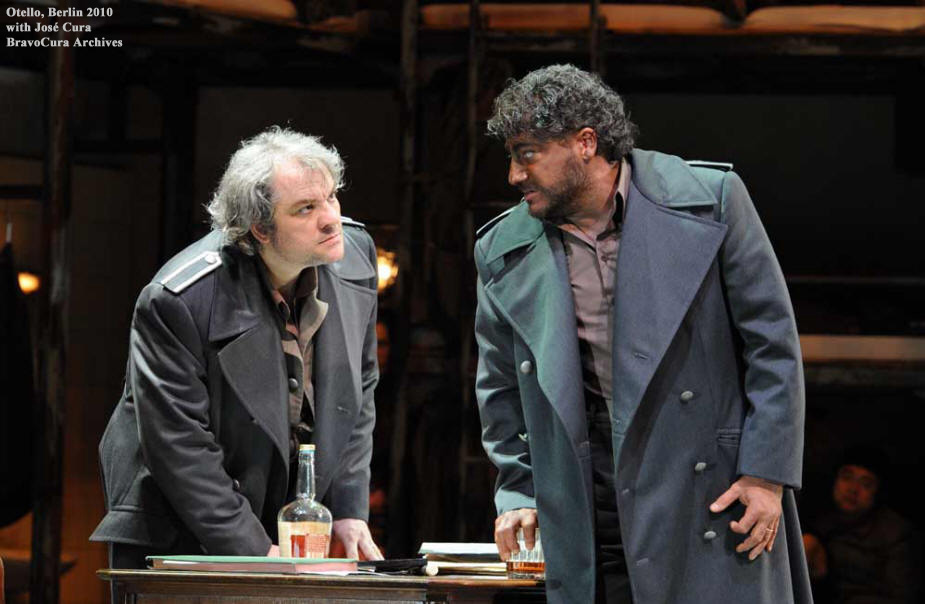
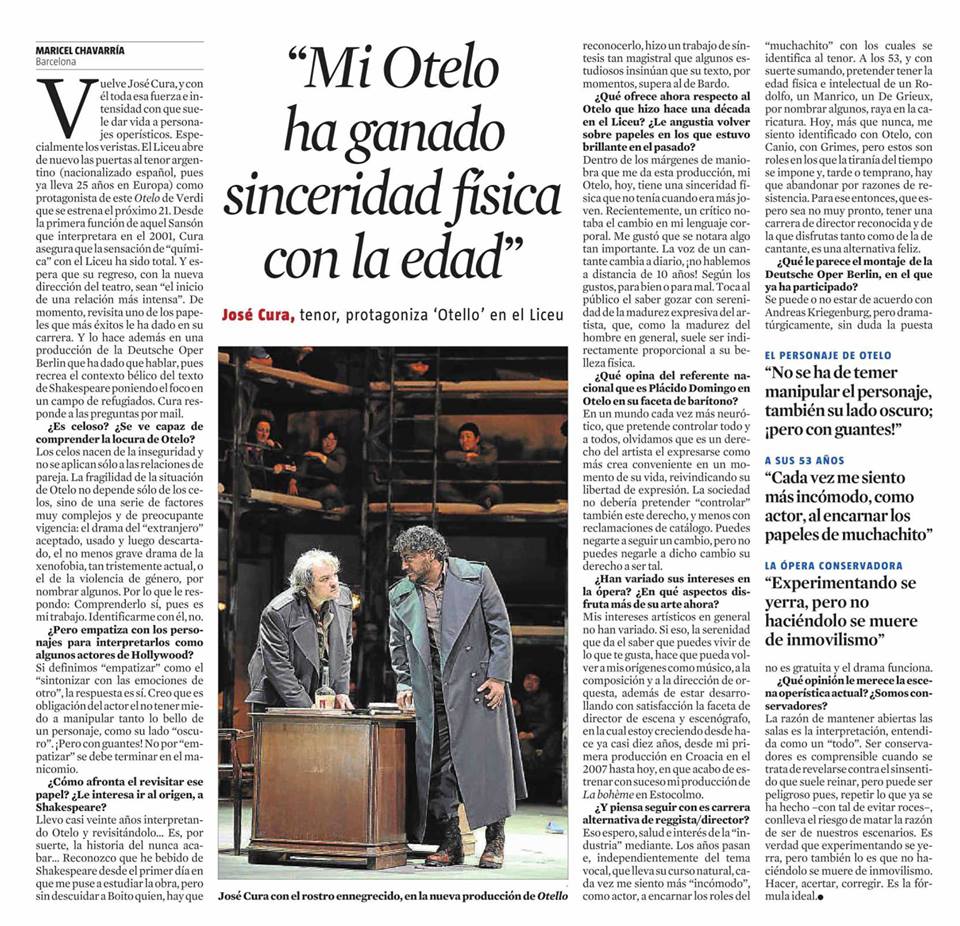
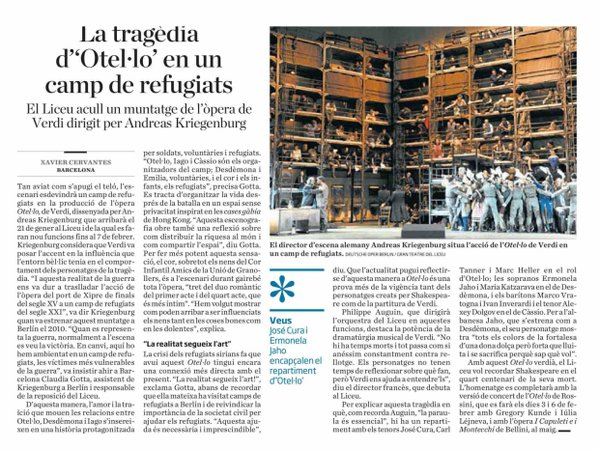
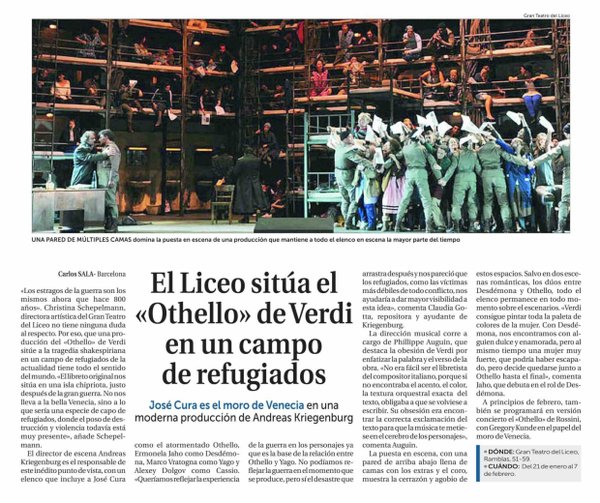
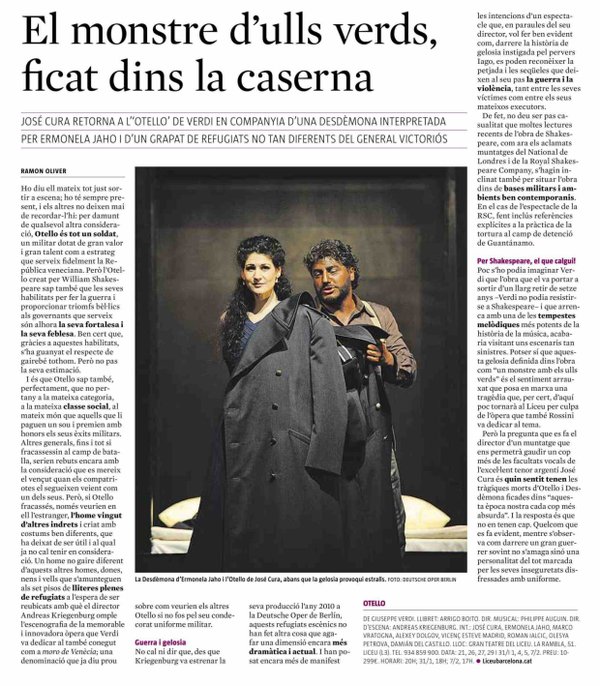
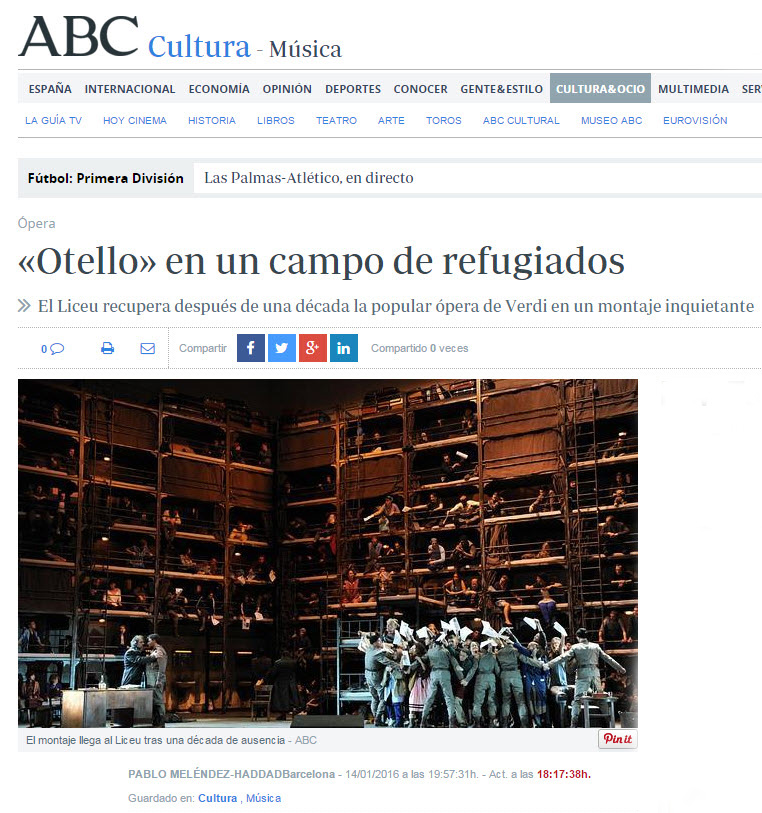
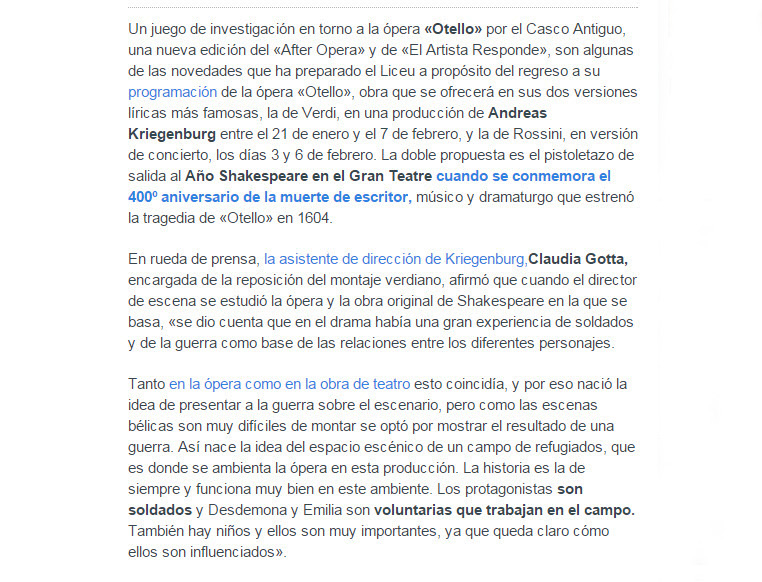
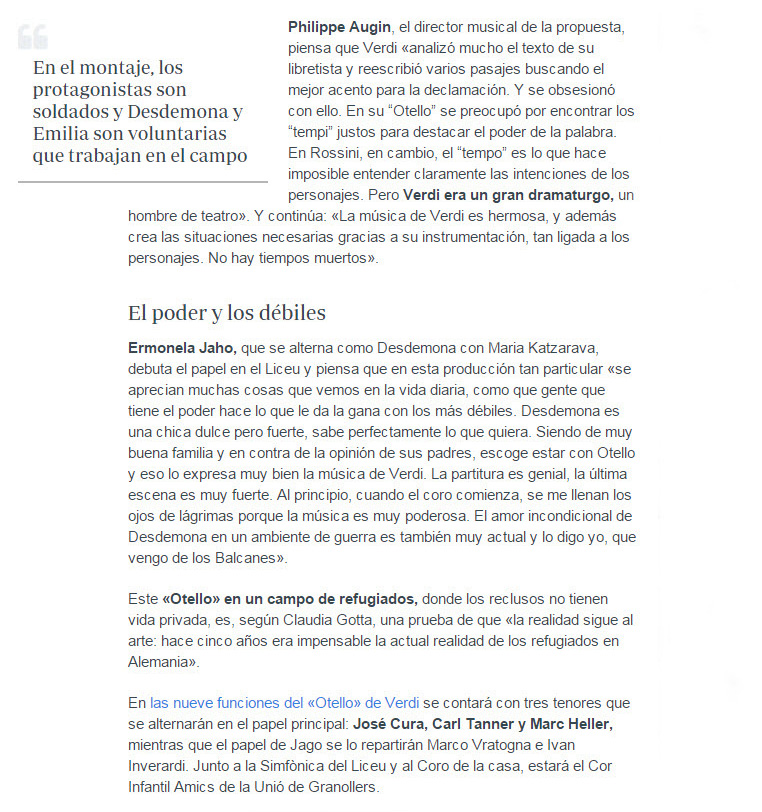
.jpg)
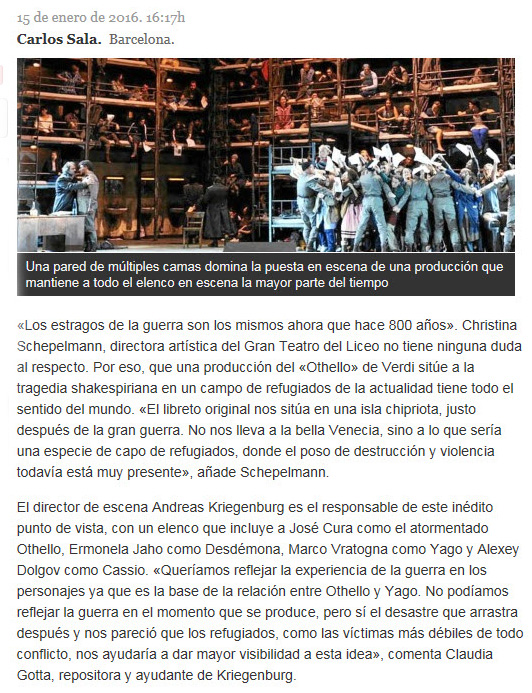
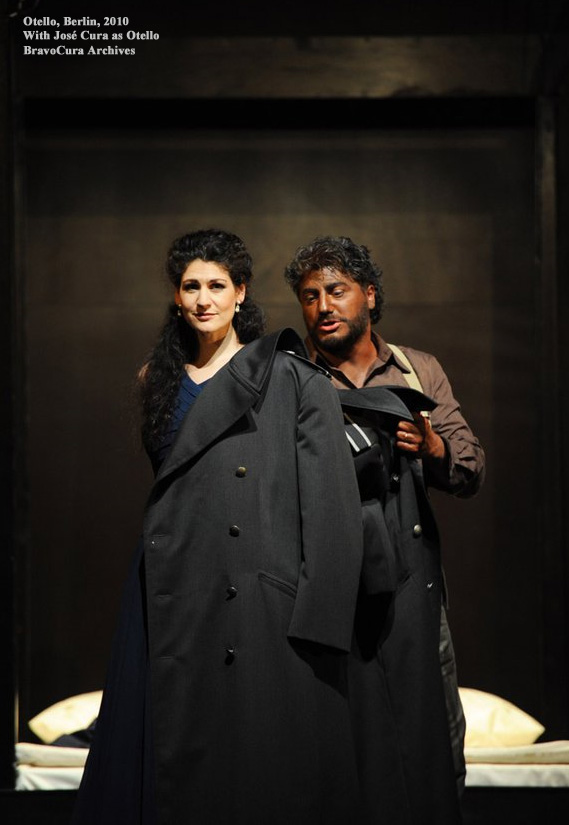
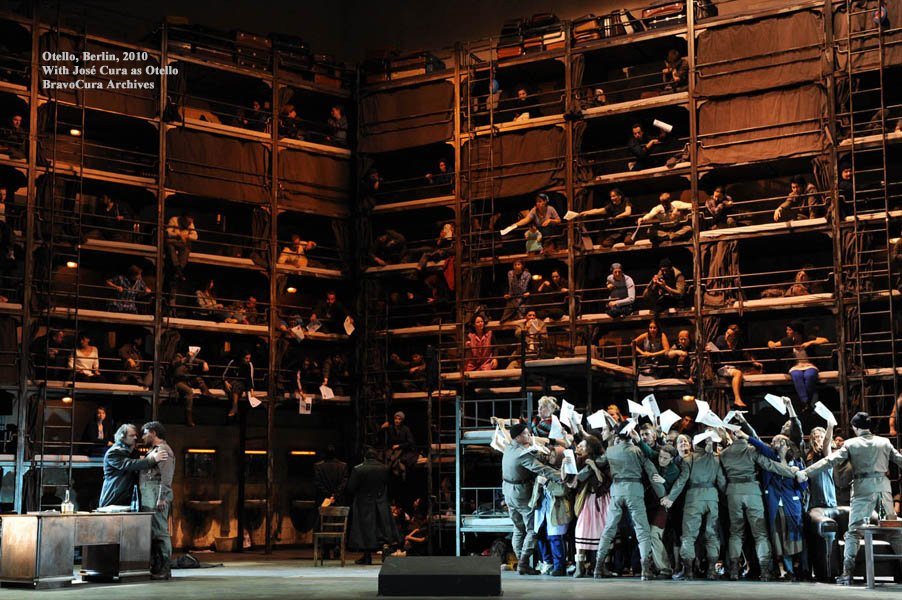
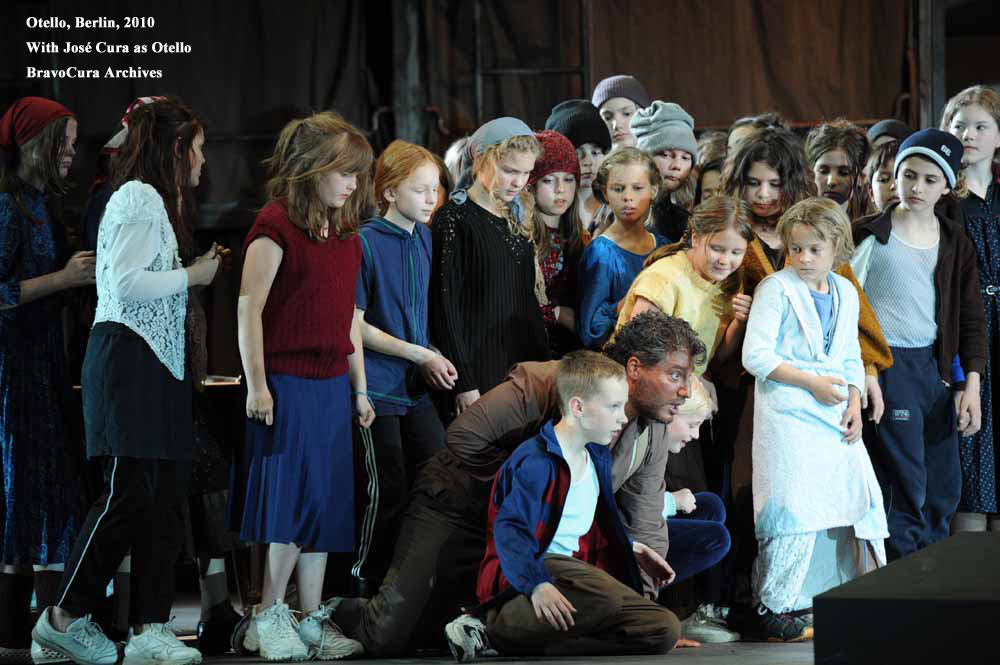
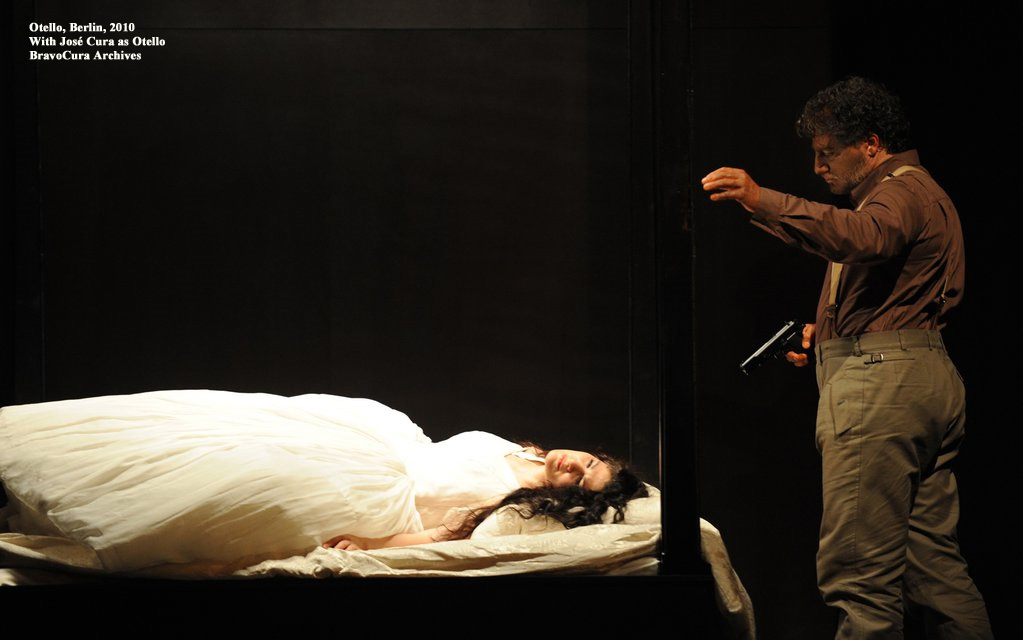
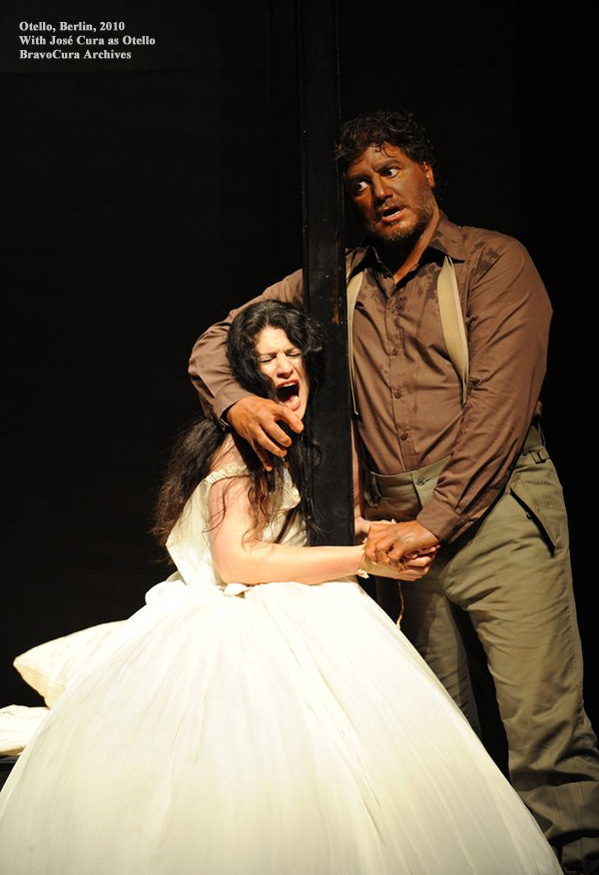
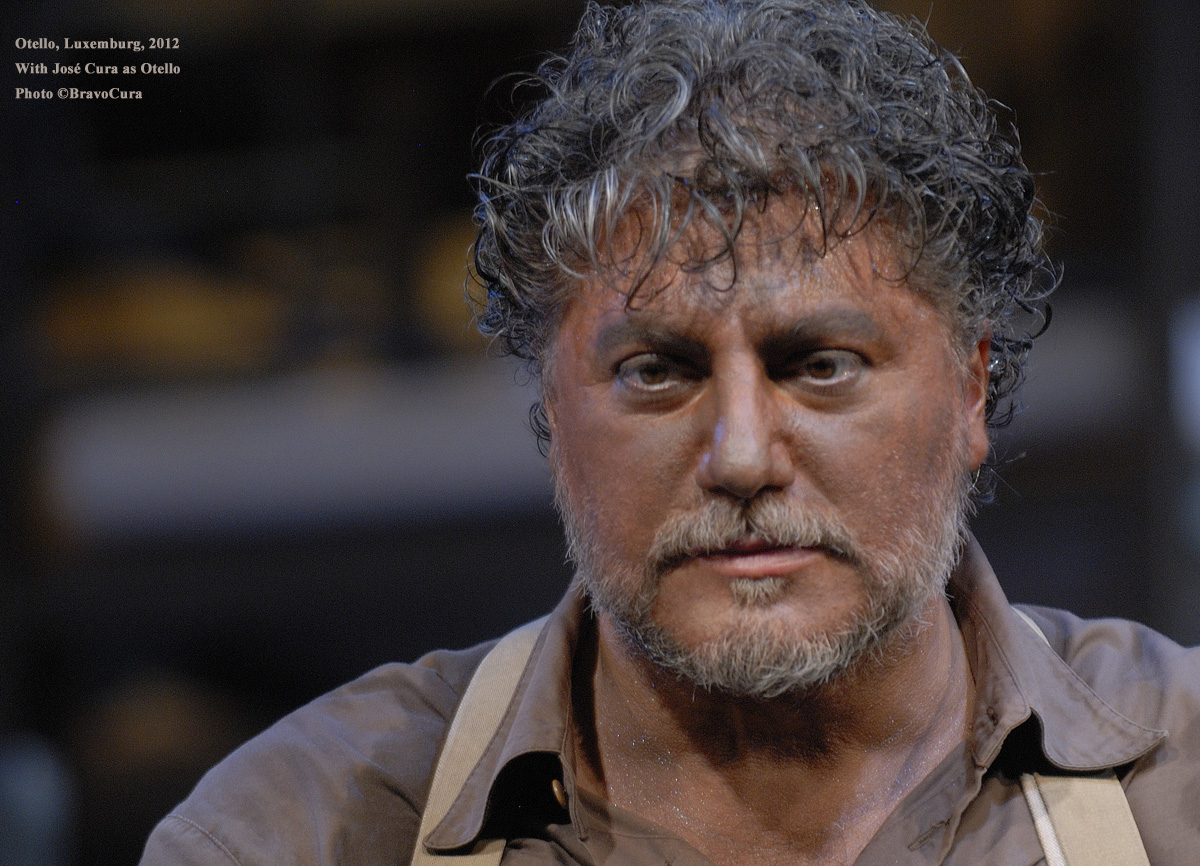
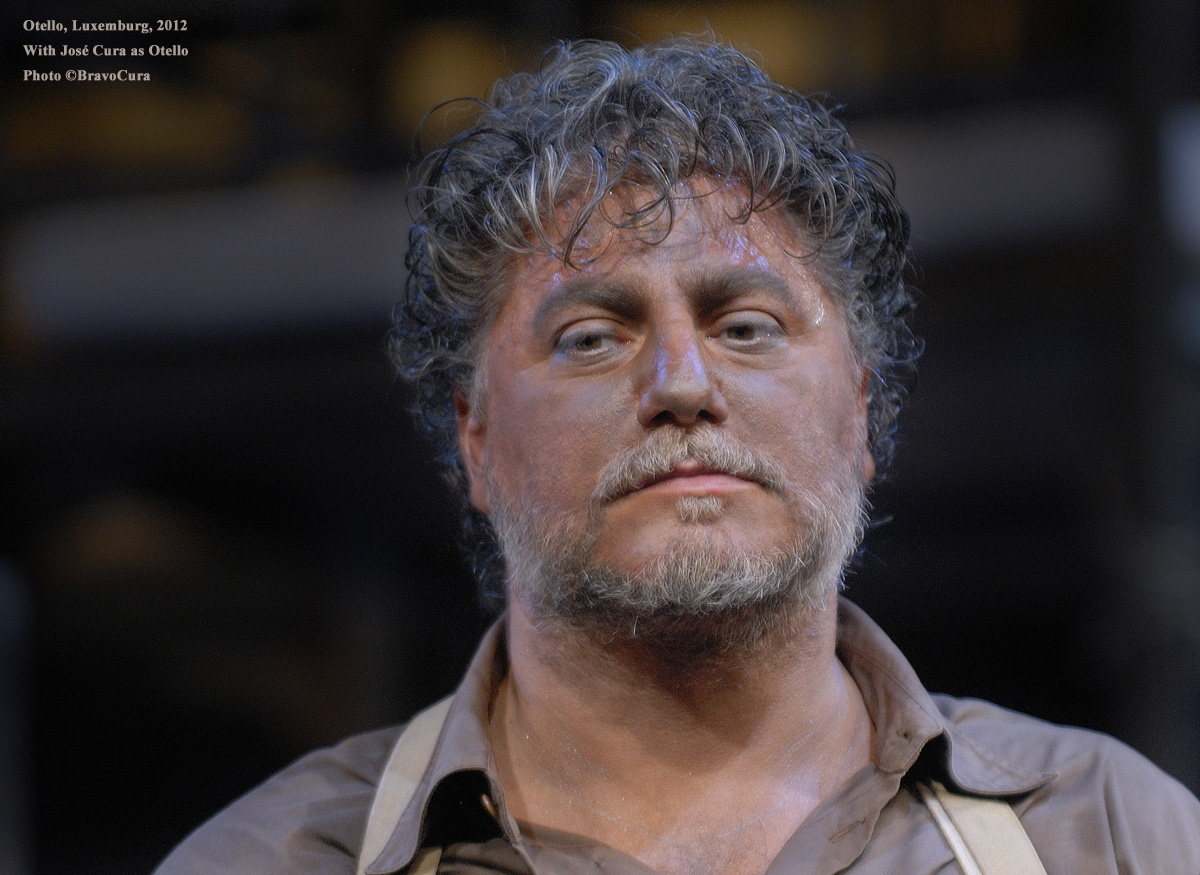
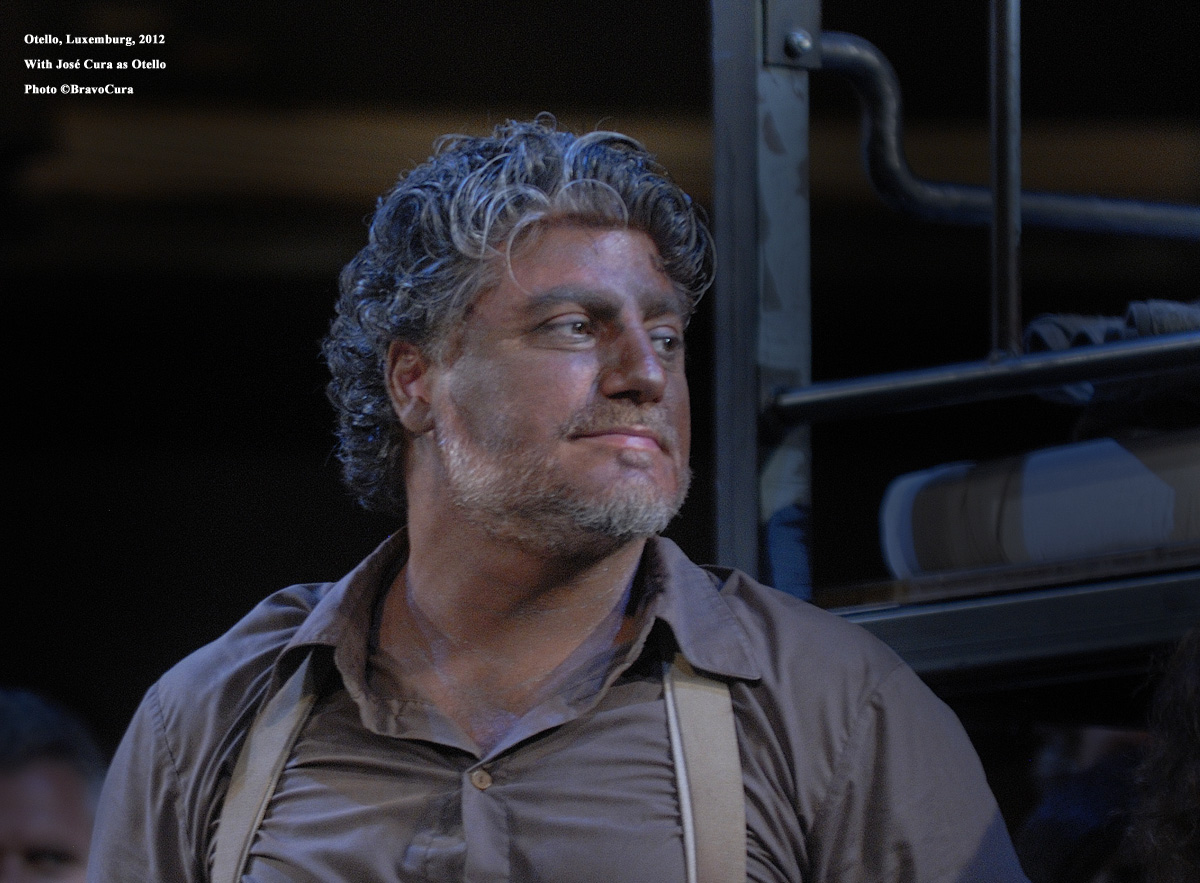
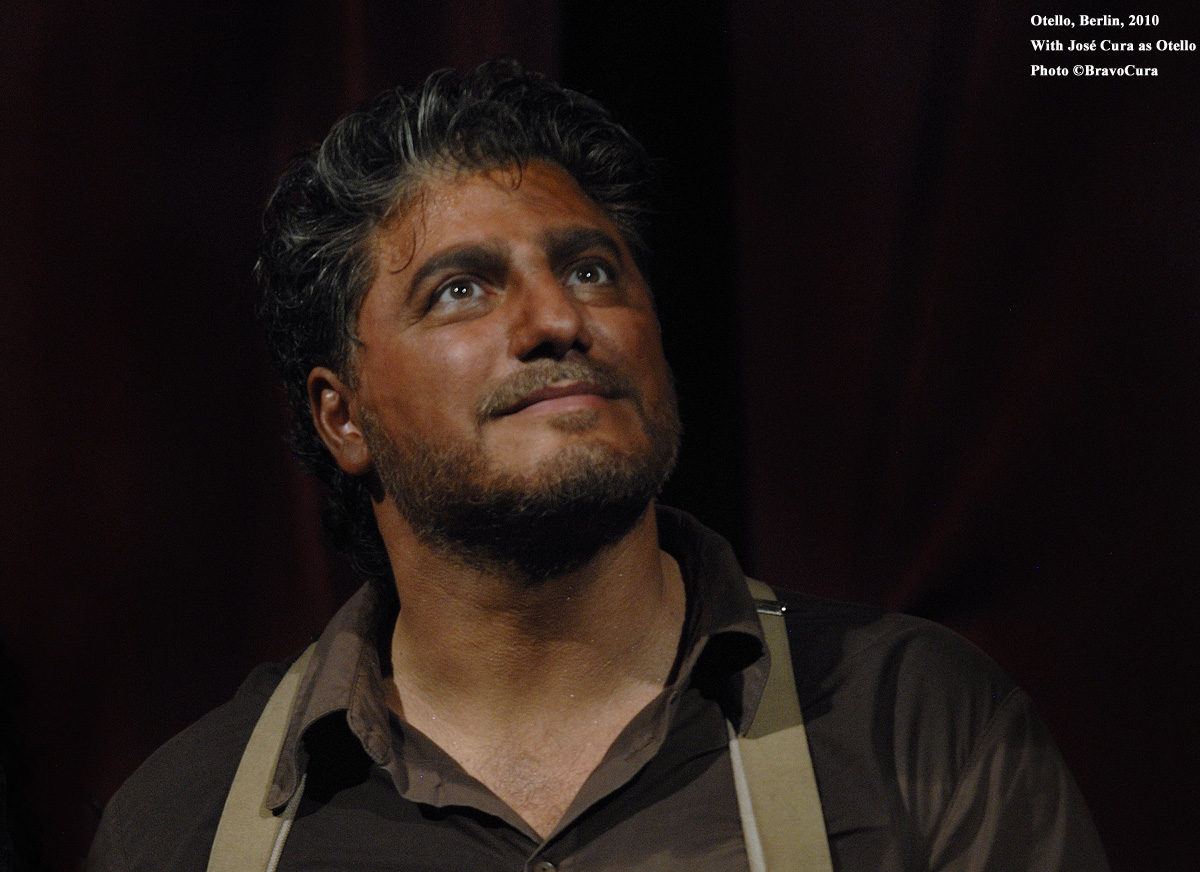
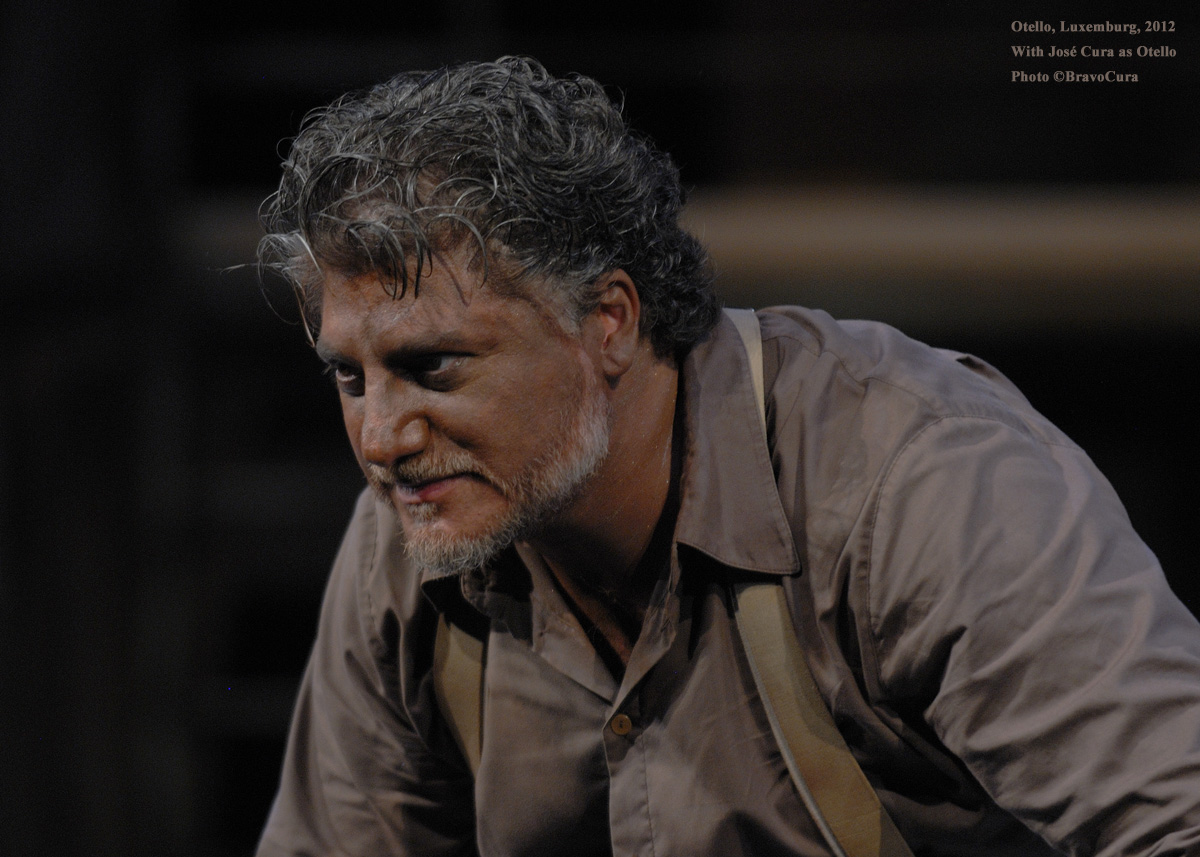


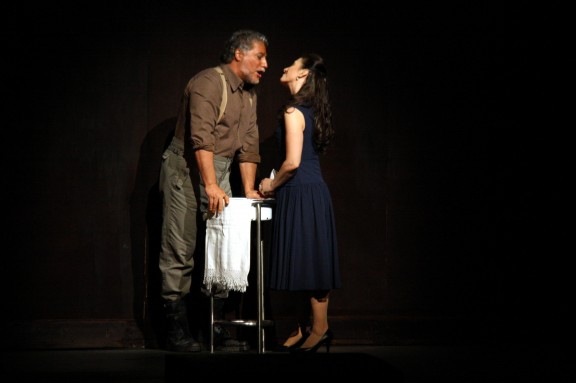




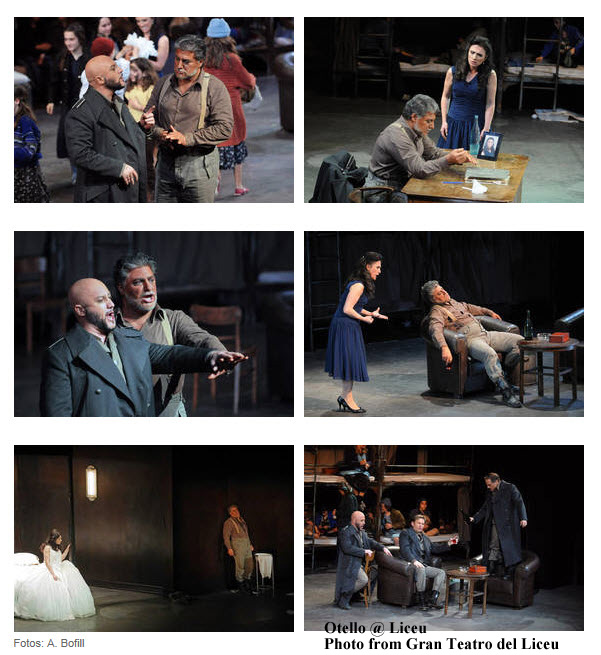
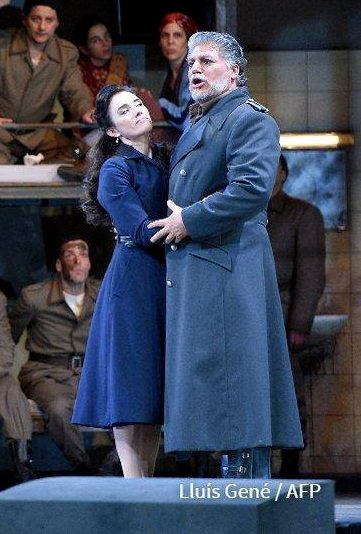
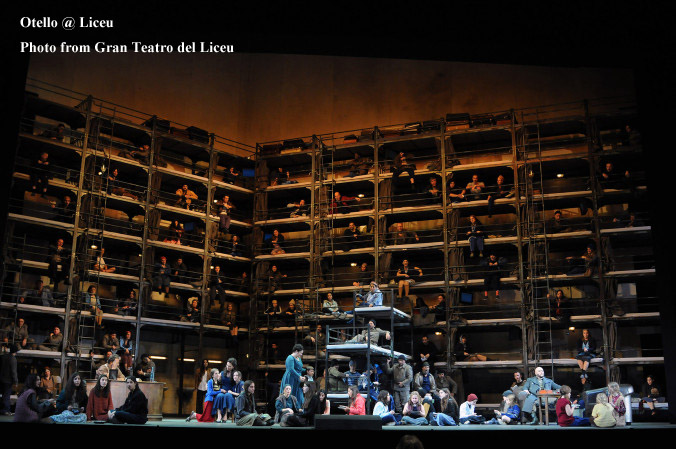
.jpg)
%202%20BC.jpg)
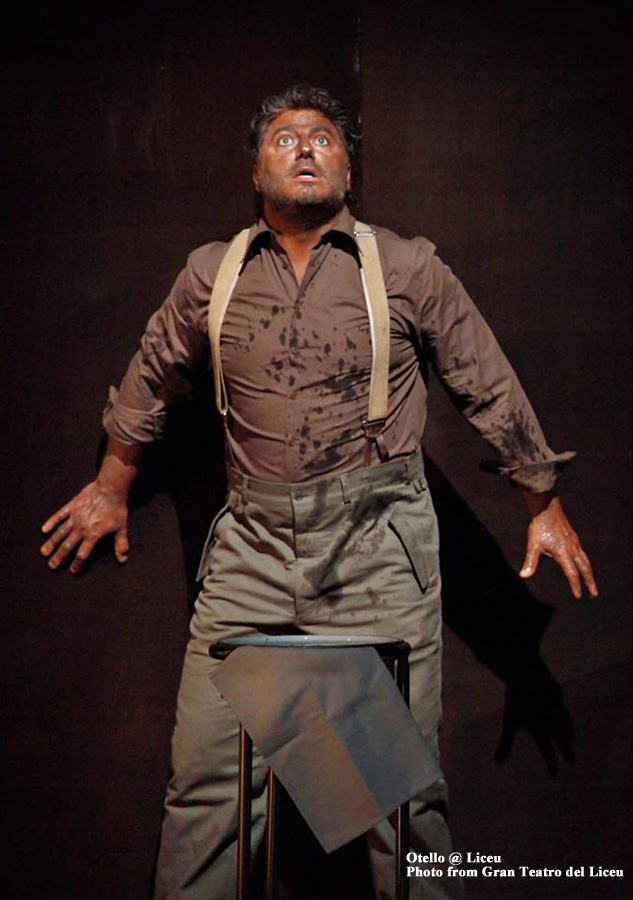
%202%20BC.jpg)
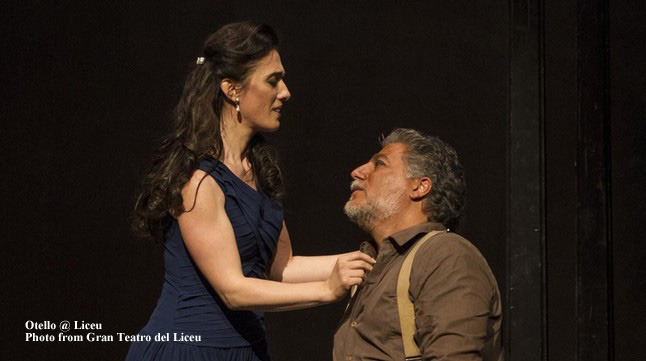
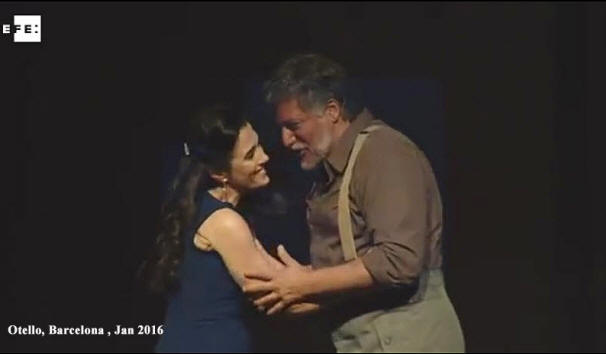
%202%20BC.jpg)
%202%20BC.jpg)
%202%20BC.jpg)
%20BC.jpg)
%20a%20BC.jpg)
%20BC.jpg)
%20BC.jpg)
%20BC.jpg)
%20BC.jpg)
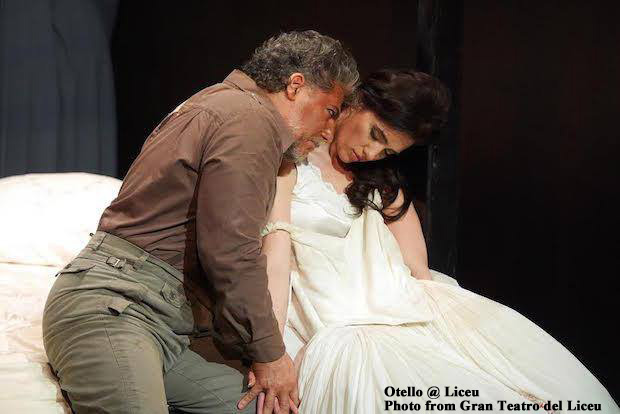
%20BC.jpg)
